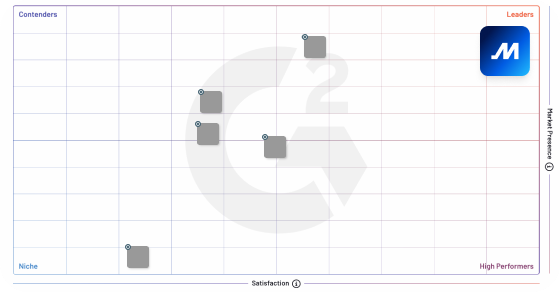Is GPS tracking company vehicles legal?
GPS has made it possible for businesses that manage fleets of vehicles to improve efficiency, fuel consumption, customer service, and other operational areas. The information gathered by GPS technology has helped companies transform how their entire logistics operations work.
Being able to locate vehicles and other assets in real time and gather other valuable information about vehicle maintenance, arrival and departure times, and the most efficient routes to take is of extreme benefit to fleet management companies. But is GPS tracking company vehicles legal?
Like most rules and regulations, the legality of GPS tracking company vehicles depends on the country in which companies are operating. This can create a challenge for companies when it comes to knowing whether or not their GPS tracking policy is legal.
Companies must be compliant with the law when it comes to using data on employees, and this includes GPS tracking information. Companies can face penalties for failure to comply with regulations, so it’s a good idea to make sure you’re following the law.
The legality of GPS tracking company vehicles in the U.S.
There is no specific federal law on whether or not GPS tracking company vehicles is legal. Still, many state governments have privacy laws that dictate how an individual’s personal data can be used.
One example is California Penal Code Section 637.7., which stipulates:
(a) No person or entity in this state shall use an electronic tracking device to determine the location or movement of a person.
(b) This section shall not apply when the registered owner, lessor, or lessee of a vehicle has consented to the use of the electronic tracking device with respect to that vehicle.
(c) This section shall not apply to the lawful use of an electronic tracking device by a law enforcement agency.
(d) As used in this section, “electronic tracking device” means any device attached to a vehicle or other movable thing that reveals its location or movement by the transmission of electronic signals.
(e) A violation of this section is a misdemeanor.
(f) A violation of this section by a person, business, firm, company, association, partnership, or corporation licensed under Division 3 (commencing with Section 5000) of the Business and Professions Code shall constitute grounds for revocation of the license issued to that person, business, firm, company, association, partnership, or corporation, pursuant to the provisions that provide for the revocation of the license as set forth in Division 3 (commencing with Section 5000) of the Business and Professions Code.
In most instances where regulations exist, companies with fleets of vehicles aren’t permitted to track employee location without the consent of the employee. If employees are both aware of the tracking devices on their vehicles and have given consent to the information gathering from the tracking device, companies are permitted to collect and use GPS vehicle tracking information legally.



